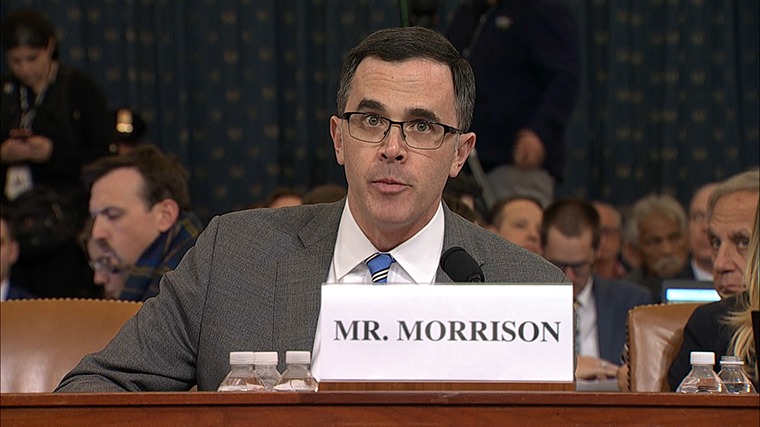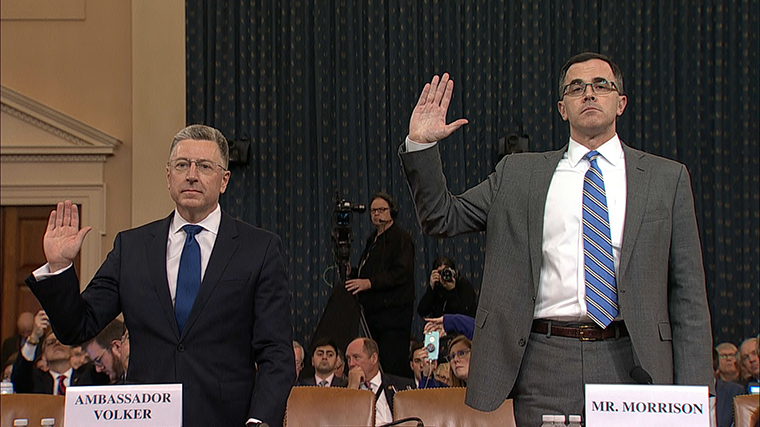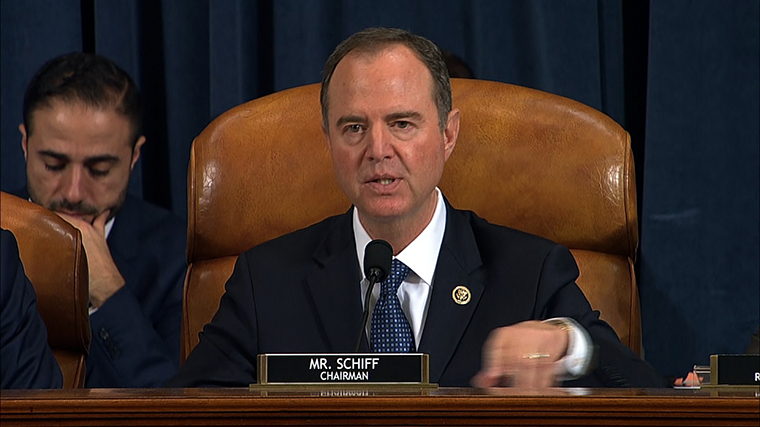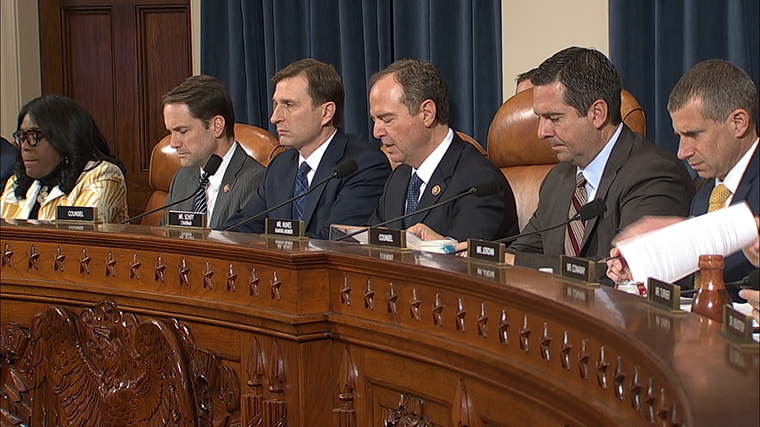The House Judiciary Committee is planning to hold hearings on impeaching the President that expand past the current Ukraine hearing soon after they conclude. The committee hopes that former White House counsel Don McGahn will be forced to testify at that time, according to a new court filing.
The House has asked a federal judge to make a ruling quickly on whether McGahn must testify in the House impeachment inquiry, citing a “finite window of time” when he’s needed.
“The Judiciary Committee anticipates holding hearings after HPSCI’s public hearings have concluded and would aim to obtain Mr. McGahn’s testimony at that time. Thus, there is an urgent need for final resolution of the matter now pending before this Court,” the House wrote to the judge in a new court filing.
The House’s letter to the court points out that it is considering impeaching the President for obstruction of justice, for which McGahn would be a key witness. This is because he spoke to special counsel Robert Mueller for that obstruction investigation, and for lying to Mueller, after testimony at Roger Stone’s criminal trial raised questions about Trump’s written answers to investigators about Russian interference in the 2016 election.
Remember: Those investigations are separate from the current investigation regarding Ukraine, which has been the focus of the House over the past few weeks.
The House says it has an “urgent need for Defendant Donald McGahn’s testimony for use in the House’s impeachment inquiry and the mounting broader ramifications of a ruling in this case for that quickly progressing inquiry,” the House wrote to Judge Ketanji Brown Jackson Tuesday. Jackson already has heard arguments on whether she can intervene in the fight between the White House and the House, and is poised to rule.
The White House stopped McGahn from testifying last spring, citing “absolute immunity” over its high-level former officials.



